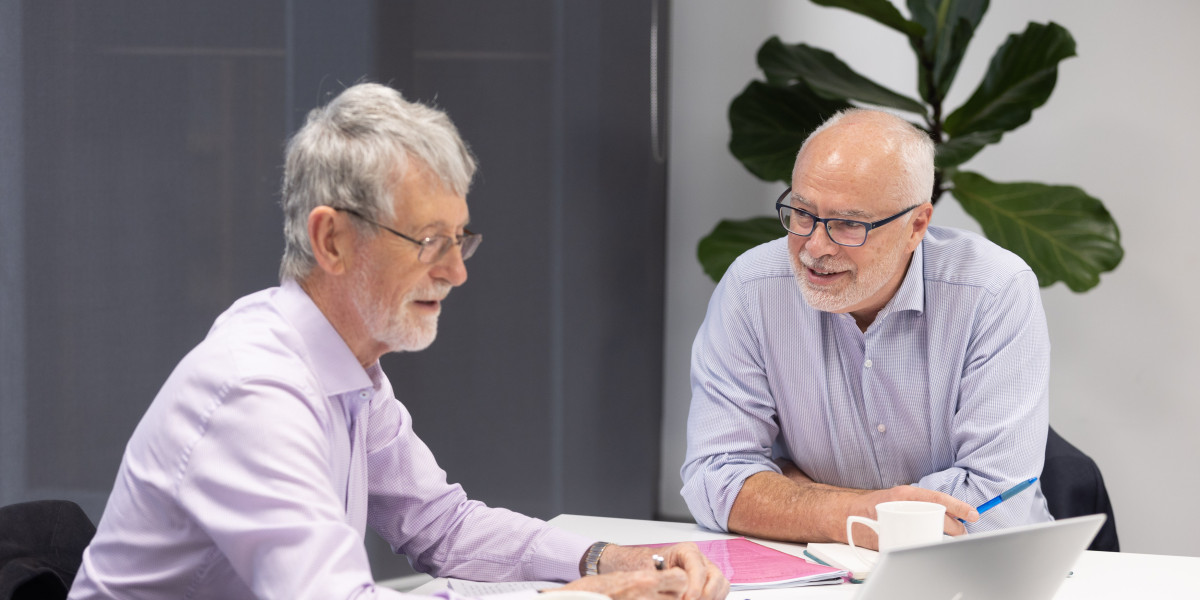An update from the Royal Commission
Over 13,000 New Zealanders from all walks of life have now shared their story with the Royal Commission on COVID-19 Lessons Learned. Some people wrote thousands of words, others just shared a few important moments.
Published 08 May 2024

More than a quarter came from Aucklanders. That’s important, as we know the pandemic was hard for people living in Auckland.
We received insights on a broad range of topics. We heard how people were impacted by COVID-19 measures, like vaccine mandates and border closures, as well as how the pandemic impacted significant family events, like births and deaths. We heard concerns about disruption to people’s businesses and education. We also received lots of ideas about what could be done differently in the future. The reason we wanted to hear from people was to better understand COVID-19 experiences so that we can ensure the Inquiry helps prepare New Zealand for any future pandemic.
Prior to and in parallel with the public submission process, we’ve held over 350 evidence gathering sessions, and met with over 1,600 people. This involves holding free and frank engagements directly with key decision-makers, organisations, businesses and people from impacted communities.
An important feature of our COVID-19 Royal Commission is that we’ve been directed to undertake it in a non-adversarial way. Unlike the UK Inquiry, for example, we are not using an adversarial process with cross-examination of witnesses in a public forum. On balance, we think a non-adversarial approach is the right one as it is likely to be quicker, less costly, and more insightful.
Everyone we’ve sought evidence from has done so willingly and co-operatively. We’ve heard a very diverse range of views and learned a great deal about what happened and how key decisions were made. People have been reflective of what went well, what did not go well, and have constructively suggested to us what they think the lessons are. We have also requested key decision-making documents, data and advice to ensure we can assess the basis and processes used in decisions taken at the time – so we can make recommendations to improve that in response to a future pandemic.
Given that our engagements have not been public, we’ve done a number of things to ensure people have visibility of our work. Our website lists the people and organisations we have met with. Regular newsletters and videos profile people and organisations that we have engaged with, and their reflections on the issues they wanted to bring before the Inquiry. We’ve proactively run a campaign to encourage public input into the Inquiry and gone to great lengths to reach people who might not otherwise have a voice.
The Government is currently reviewing our terms of reference, or the parts of the pandemic response we are tasked with looking at. Our current terms of reference are broad enough to allow us to look at a wide range of COVID-19 related topics, like mandates and lockdowns, and social impacts such as the impact on education and mental health, but we recognise there may be specific topics that people would like considered and which could be included, or clarified. We’ve supported this by consulting with the New Zealand public, on the Government’s behalf, about a proposed expansion.
It would be useful to clarify to what extent vaccine effectiveness is considered as part of the Inquiry. We know that the use of vaccines is a really important topic for many people. It’s difficult for us to consider vaccine mandates and passes, and the overall elimination strategy without also considering issues about vaccine effectiveness. By this, we mean how effective the vaccine is at preventing death, preventing hospitalisation, and preventing transmission. For example, the ethical case for – say – vaccine mandates is stronger if vaccines also stop transmission.
We are looking closely at what happened, and what might happen in a future pandemic, taking into account a range of perspectives. For example, we are looking at the decisions that were made from the point of view of those with high health needs, like disabled people, versus the wider community’s desire to get back to some sense of normal everyday life, and how best to strike the right balance between these two needs. This involves asking hard questions about the effectiveness and impacts of New Zealand’s COVID-19 response.
We then identify what we can learn from our findings, to prepare for, respond to, and recover from the next pandemic. To help us arrive at a lesson, we are approaching it by first putting ourselves in the shoes of the decision maker at the time, and asking questions like “did they have all the information they should have had? And if not, why not? And what are the lessons here for better systems next time around?”
Secondly, we have learnt from COVID-19 which measures attracted widespread support and which proved highly divisive and risked undermining support in the fight against the virus. Now we have the benefit of hindsight and lessons about these long-term impacts, we can carry them forward to assist decision-making in the next pandemic.
Our COVID-19 Royal Commission is making good progress. If we receive a revised terms of reference – probably mid-year – from the Government, we will take stock, and adjust our processes and deliberations as required. This may include further engagements and consultation. And we will update the New Zealand public on changes to our processes as soon as we can.
Heoi ano ra,
Professor Tony Blakely

